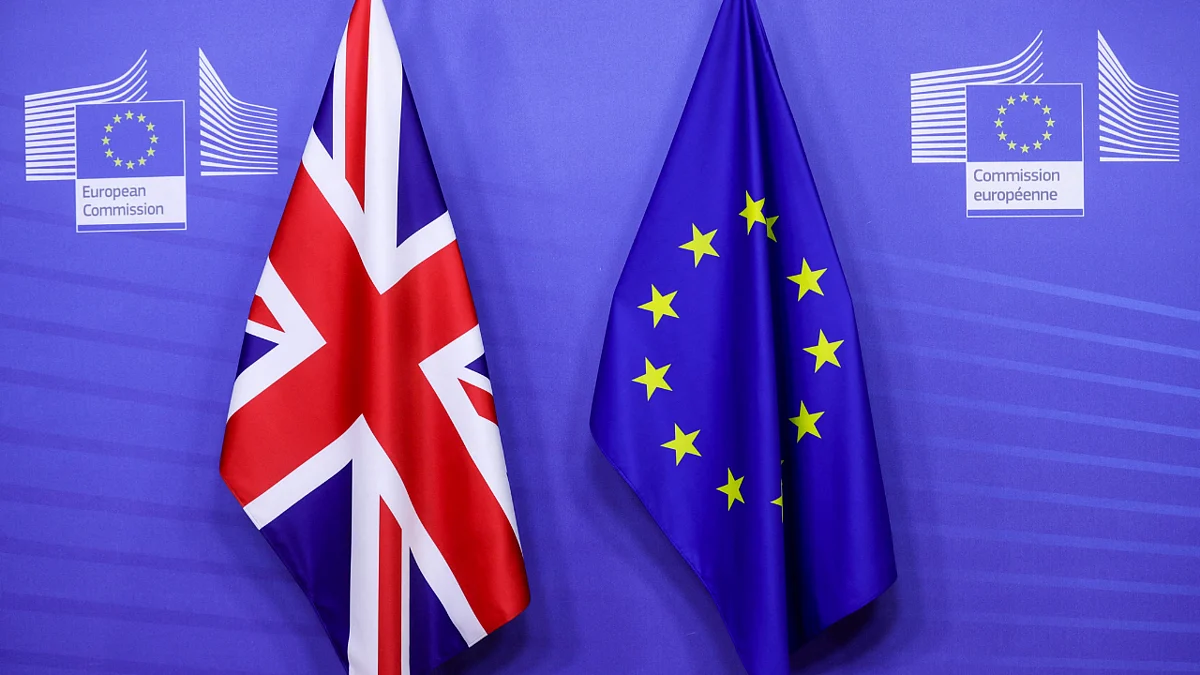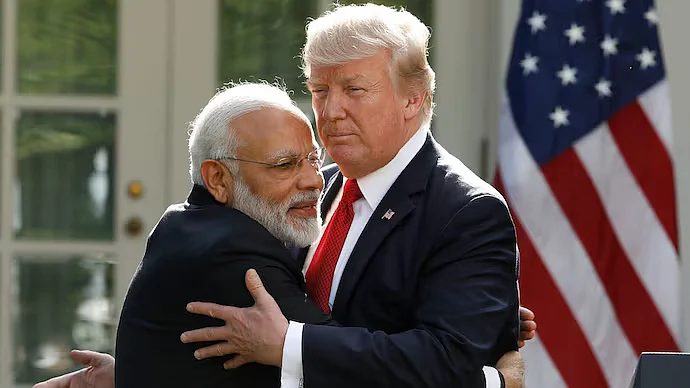The tariff deal the European Union (EU) signed with the US on Sunday, ostensibly to avert a trade war with Washington, marks a complete capitulation by the largest single market to the bullying and manipulation of the man in the White House, President Donald Trump. The lopsided terms of the framework agreement are writ large across its many aspects, similar to the pact Britain and Japan have negotiated in recent months. EU exports, covering 70 per cent of goods and worth 780 billion euros, will be subject to a 15 per cent levy, an estimated three-fold increase on the average tariffs in place before President Trump’s April 2 ‘liberation day’ announcement. The status of the automobile sector—which is already reeling from a 27.5 per cent duty—consequent to the new levies is still uncertain, as are the far more contentious steel and aluminium tariffs, currently at 50 per cent. Pharmaceuticals and semiconductors, which were hitherto exempt from duties, are more likely to be brought under the dragnet.
Brussels’ last-ditch attempt to negotiate a 10 per cent baseline tariff came a cropper. That left EU negotiators to grudgingly accept the higher levy as a lesser evil than the 30 per cent President Trump had threatened if there was no deal by August 1. Conversely, US imports into the bloc remain untouched by Sunday’s deal. Instead, in addition to huge investments in the US economy, the EU has pledged a substantial increase in imports of American defence equipment and energy products; the latter will far exceed supplies the bloc sourced from around the world last year.
France, the EU’s biggest agricultural producer, will bear the brunt of new market openings created for US farm imports. Prime Minister Francios Bayrou has described the agreement as capitulation and a “dark day” for the bloc. The German chancellor, Friedrich Merz, was more circumspect, saying that the deal would inflict much damage to his country, the EU, and even the US.

Critics of the deal are apt to question why Brussels failed to enforce any one of the number of retaliatory measures trade officials had crafted against Washington’s aggressive posture. Backed by Germany and France, the bloc’s two biggest economies, recourse to the anti-coercion instrument, devised during President Trump’s first term, had been actively deliberated. A potent tool, the so-called big trade bazooka empowers authorities to revoke intellectual property protection, bar US companies from public tenders, and restrict trade if Washington is regarded as relying on trade measures to pressure EU governments on other matters. In the event, the challenge of forging a consensus among the EU’s diverse economies and the risk of engaging in prolonged confrontation with Washington seem to have tipped the scales in favour of meek submission. In the absence of a concerted effort to counter the onslaught on multilateralism, the world trading system appears most uncertain.










